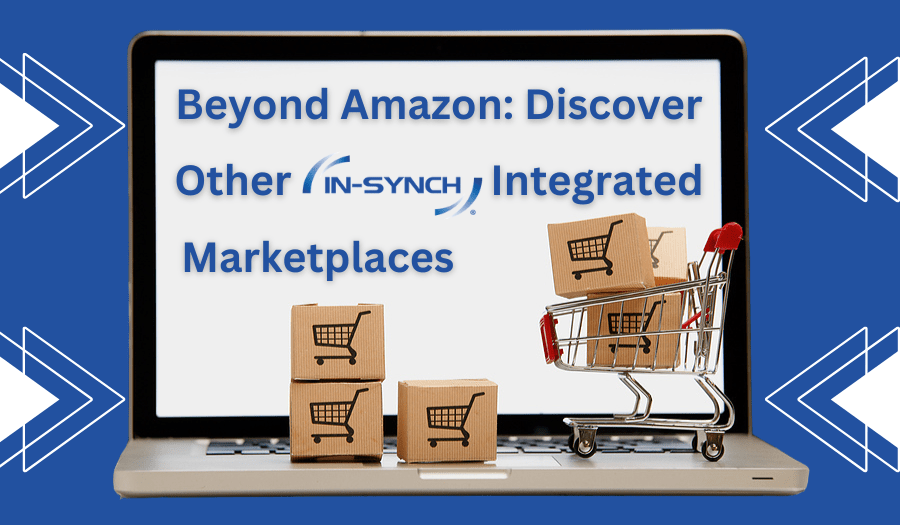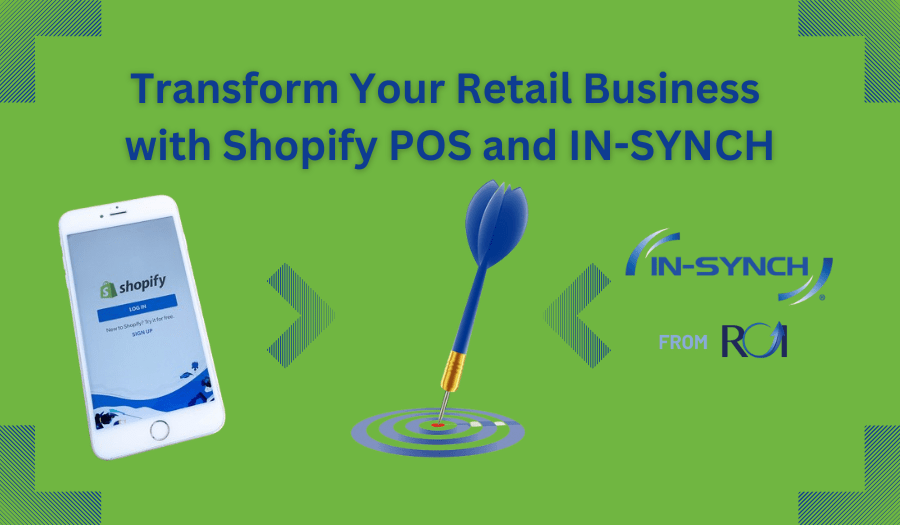By Ruth Richter • September 04, 2019
Now may not be the time when most Americans are thinking about state taxes, but ever since the Supreme Court overturned Quill v. North Dakota last June, retailers have been sweating state sales tax. Before online sales became quite as prevalent as they are now, businesses only had to charge and file state sales tax in states where they had a physical presence. If a customer placed an order with an Indiana manufacturer from their computer in Michigan, no one paid any sales tax.
With this new law change, Michigan also has the right to collect sales tax from that business in Indiana. Many states who haven’t previously been able to collect that sales tax will be banging down doors to get the tax money owed them.
The Complexity of State and Local Taxes
Here’s the issue: While most states collect a flat state-wide sales tax rate, 38 states also collect local sales tax. This means the sales tax you’ll be liable for depends on information as granular as the county or city to which an order ships. These tax codes can be so nitpicky that different addresses within the same zip code might have different tax rates.
That adds up to well over 12,000 different tax jurisdictions with multiple rates that depend entirely on the delivery address.
Collecting and Filing Sales Tax: Also Complex
Not only is it quite the process to figure out the amount of sales tax to charge someone when they order from your website, you also need to properly file sales tax with each state. Don’t try to collect sales tax without a permit; that’s a criminal offense. Too bad getting those permits isn’t as easy as filling out 50 different basic forms and clicking “submit.” No; instead, each state has its own form. Some will even charge you to file it. Pennsylvania’s form might be 10 pages long, but filing is free. Connecticut, on the other hand, requires a similar 10-page form … and a $100 application fee.
With 50 states, that could add up quickly, both in filing fees and in time to complete all those forms. Some states—but not all—will also insist you register your business in their state before applying for the sales tax permit which, naturally, they’ll also charge you for. Not to mention that while some states are a one-and-done registration fee, others require an annual payment to remain current.
Automated Sales Tax Calculation and Filing? Not Complex!
Is your head already spinning just thinking about applying for, collecting, and filing sales tax for so many different conditions? Fortunately, several services will automate both sales tax calculation and filing so you don’t have to lift a finger. Many automated tax solutions will link your ecommerce carts to a master database of all the different tax rates, both state- and zone-dependent, and automatically apply that amount to the final purchase price. Do you have customers who are tax-exempt? These services will upload their tax exemption certificates and keep them on file, so current and future purchases from that account won’t be charged a sales tax.
Many states have a set nexus level, and unless you hit that number in your sales from that state, you won’t have to collect or file state taxes. So you might consider a “wait and see” approach to all these sales tax changes. On the other hand, you might hit that nexus before the end of the year, and you don’t want to be caught unprepared when a state comes knocking for what’s due. Consider adding a tax service to your ecommerce process now.
Calculate Complex Sales Tax with IN-SYNCH®
Finding the right sales tax system can be daunting, and not all of them will connect to your particular ecommerce platform. The good news is that IN-SYNCH by ROI Consulting can integrate multiple platforms to multiple ecommerce sites, even if you have multiple ecommerce sites or third-party carts. A custom IN-SYNCH integration can ensure that sales tax information is properly connected no matter how complex the situation is.
Ready to see how IN-SYNCH and your Sage 100 system can work together to ease your mind on the sales tax laws? Contact one of our integration experts today by clicking here or calling 402-934-2223, 1.




